Advertisement
Many basements’ construction includes concrete slab floor. Sometimes, cracks development in your basement floor is the leading cause of the concrete separation, and it looks pretty unpleasant. There are many facts behind the cracks in basement floors theory. Basement floor cracks are a natural thing. The physical and chemical reactions within them don’t stop fully after they settle.
Periodic basement floor cracks can continue with years due to shrinkage. Because of that, the occasional crack it’s not unusual. Some basement floor cracks can result in the loss of structural integrity or foundation walls water seepage. The slab and foundation cracks are not only a mess, but they also impede the home value, especially if you are a new owner of a house. Plus, basement floor cracks are pretty scary, and foundation repair is a must.
Big cracks in the basement floor depend on many outside factors. The main reason is the construction staple since the ancient Romans because of its compressive strength. And the physics aspect hasn’t stopped it from being the choice of building material in the modern world. However, it is common and reasonable to see minor cracks developing in many concrete walls and flooring.
Types of cracks in the basement floors with cause and ideas to overcome these cracks
Home’s foundation is important, and cracks are a big problem. So it would be best if you are ready to determine and fix them. If you see any crack in your basement floor and don’t know how serious it can be, then you should definitely ask a professional. There are many types of cracks in the basement floor, so we provide you what do cracks in your basement floor mean and how to reduce the damage that they cause:
Horizontal Crack
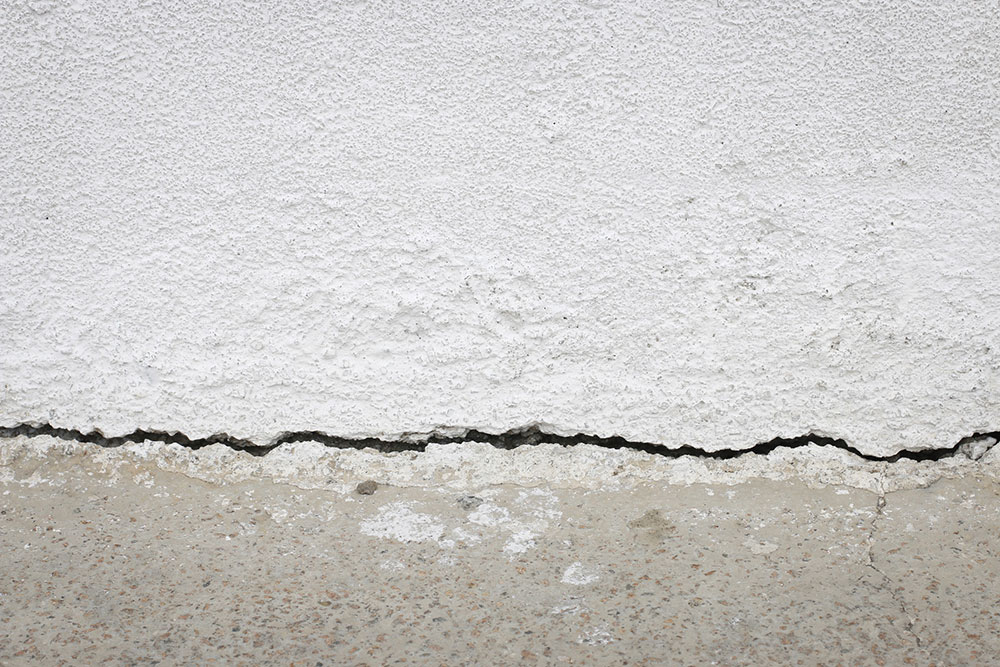
Cracks in the foundation wall usually are present from 4 to 5 feet off the floor. Horizontal cracks stir walls more than vertical ones. These cracks can lead to complete foundation walls failure. Their cause may be from the pressure against the wall and later pushing them. If there is any crack, you need to get an opinion from a foundation contractor.
Nowadays, there are various options available for fixing cracked walls. For example, there are underpinning and steel braces. These excellent methods add strength to our walls, stop the walls inward movement, and ultimately repair them.
Hairline cracks
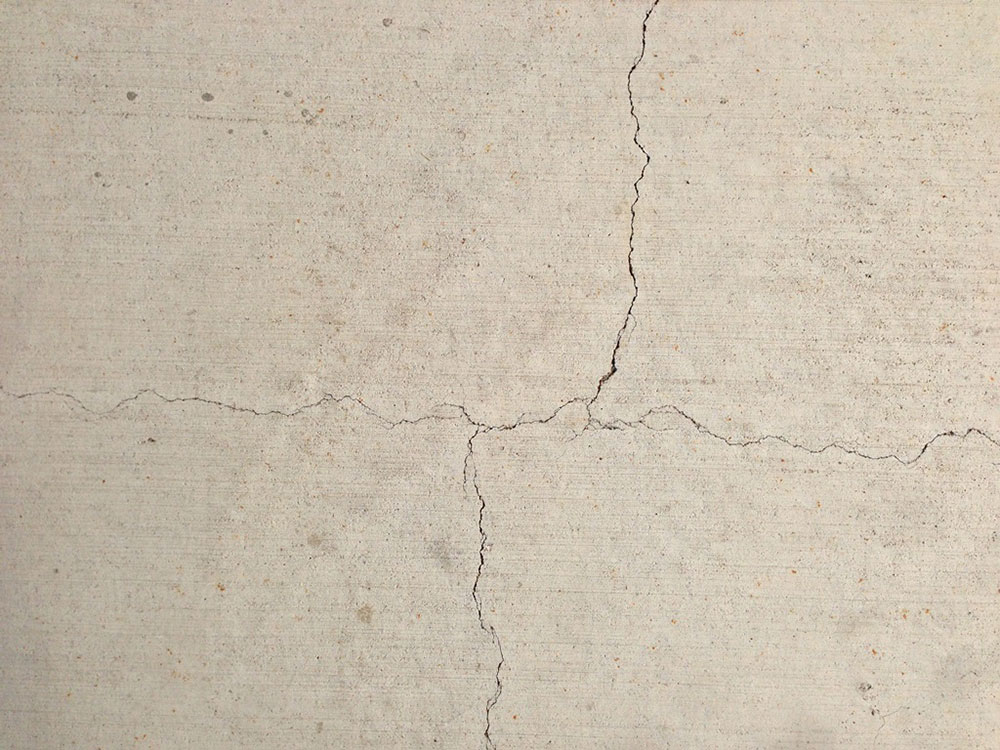
Basement floor cracks usually appear months or weeks after the foundation’s pouring. The cause of these cracks of the basement floor is water loss while curing the foundation. Typically, it’s not a problem for the structure until the foundation starts to move. Cracks in interior plaster or drywall cracks above archways, windows, and doors are seasonal cracks caused by swelling and lumber shrinking.
Normal hairline cracks are from one to five millimeters, so if you notice them, you don’t have to worry; you can paint and fill them quickly or contact a professional if you cannot handle it yourself.
Natural tendency
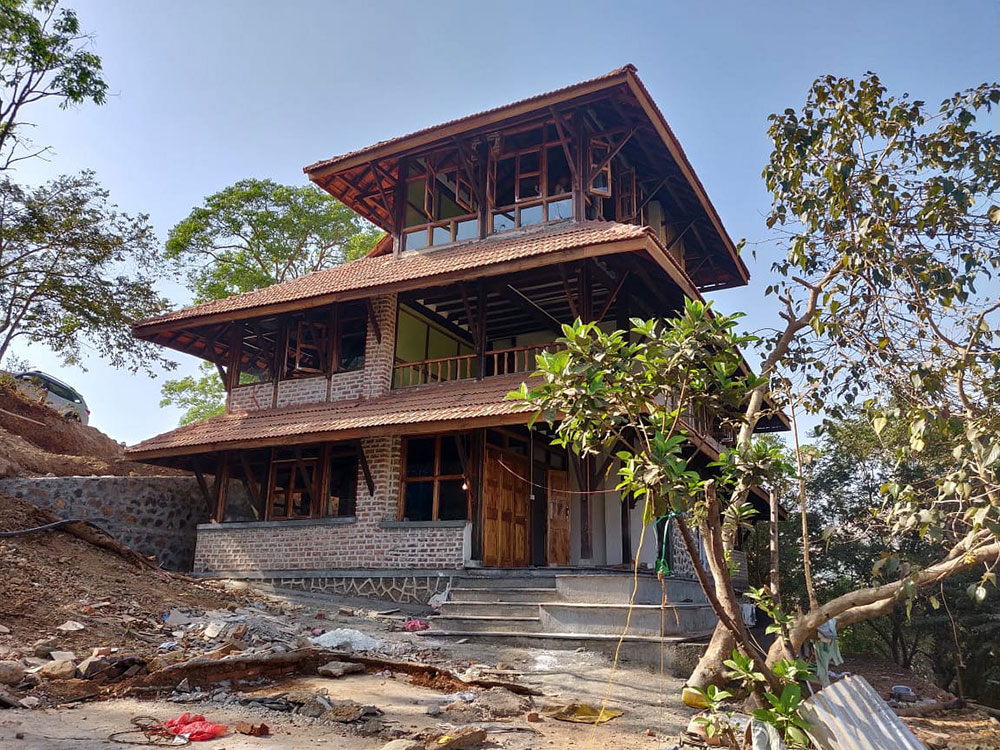
The primary shrinking very often results in hairline cracks in the first installation days. Various cement ratios and mixtures can minimize damages, yet they cannot eliminate them. Even these cracks are not pleasant to the eye; they are pretty common. This type of cracking is inevitable and natural, and most importantly – hot harmful to the home’s structure.
Foundation Walls Issues
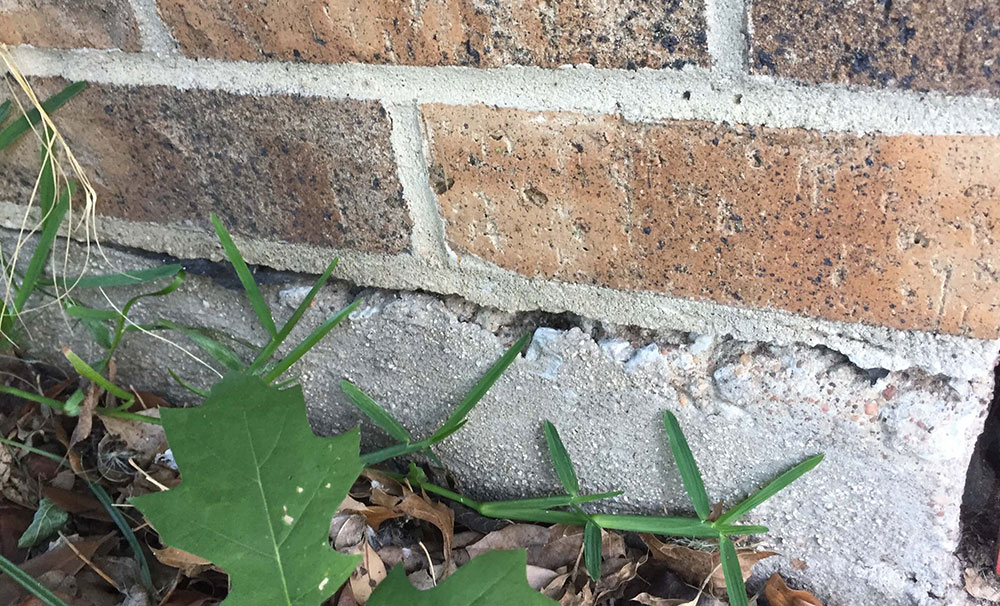
The increase of cracks can be from unusual foundation pressures. Where there is a storm, you cannot see anything. Afterwards, some soil types swell with water and put pressure upward against the foundation. Unstable soil can cause slab shifts. It is possible when a construction site isn’t improved. Plus, deep and large roots provoked by nearby trees can also cause cracking and do damage. This type of cracks is quite usual in residential areas.
Environmental changes
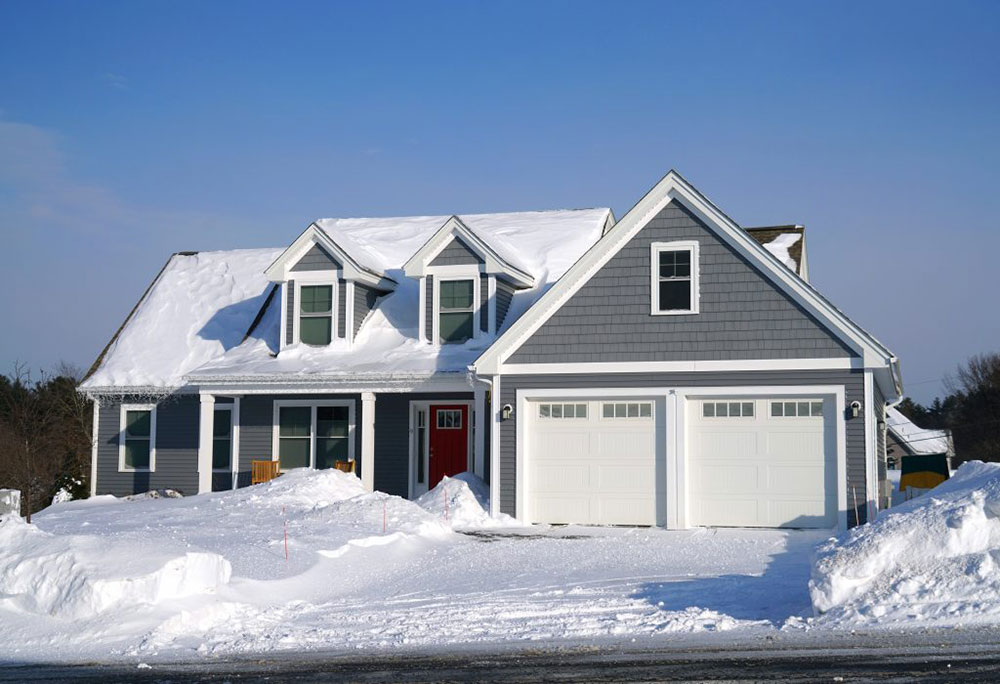
Concrete has insufficient tensile strength and relatively high compressive strength for those who don’t know. However, it remains pretty well under heavy loads. The important thing is that it doesn’t tolerate any bending or stretching if exposed to severe temperature changes. It is the same in a building that doesn’t have climate control where a floor from concrete cracks expands.
The other example where concrete can also crack is when during winter due to the freeze-thaw cycle. Yet, it is more usually in outdoor patios and sidewalks because they are exposed directly. In general, for those who think that climate plays a crucial role in cracking the floor, they should definitely install climate control in building areas.
Roots

Did you know that roots can lift the basement foundation? Big trees push the floor, which can cause speed bumps in the slab or the garage. Yet, there is a way to deal with this problem: to replace floors and cut roots. If we don’t stop roots from growing, this problem will continue to happen. And, of course, we adore our big trees in the backyard, but we cannot risk the most significant life investment just because of them.
Plastic Shrinkage
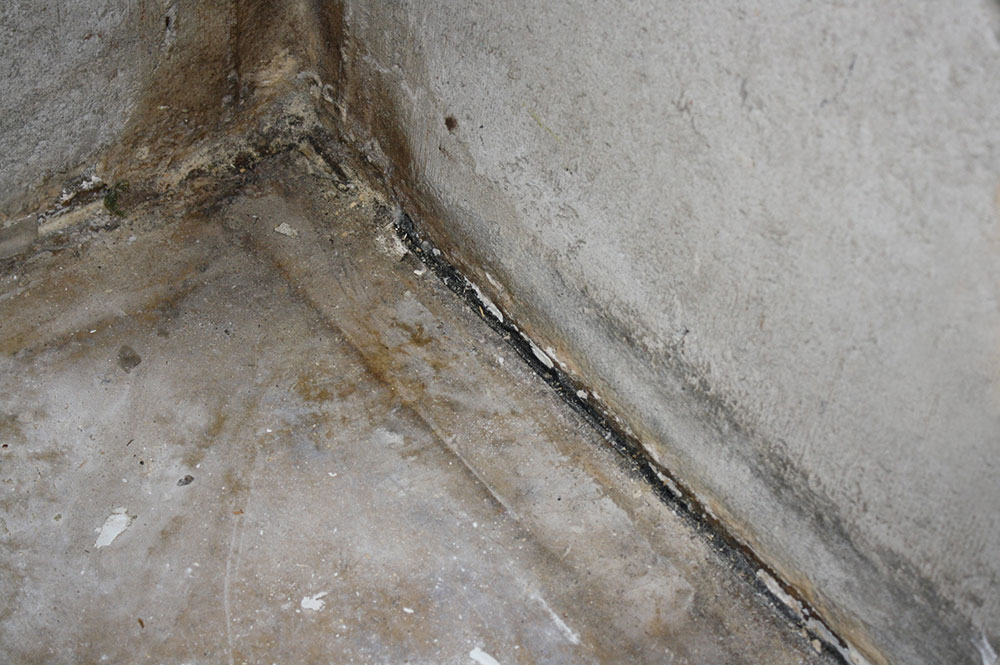
At the exact moment you put concrete, it contains an enormous amount of water. After the water leaves the slab, there are large voids that the water leaves behind between the solid particles. Unfortunately, these spaces (which are empty) make a weak concrete and close to cracking. The cracking type happens quite often, anywhere in a wall, at reentrant corners such as drains, maintenance holes, pipes, and plumbing fixtures; it is called the “plastic shrinkage cracks”.
Settling of the Slab
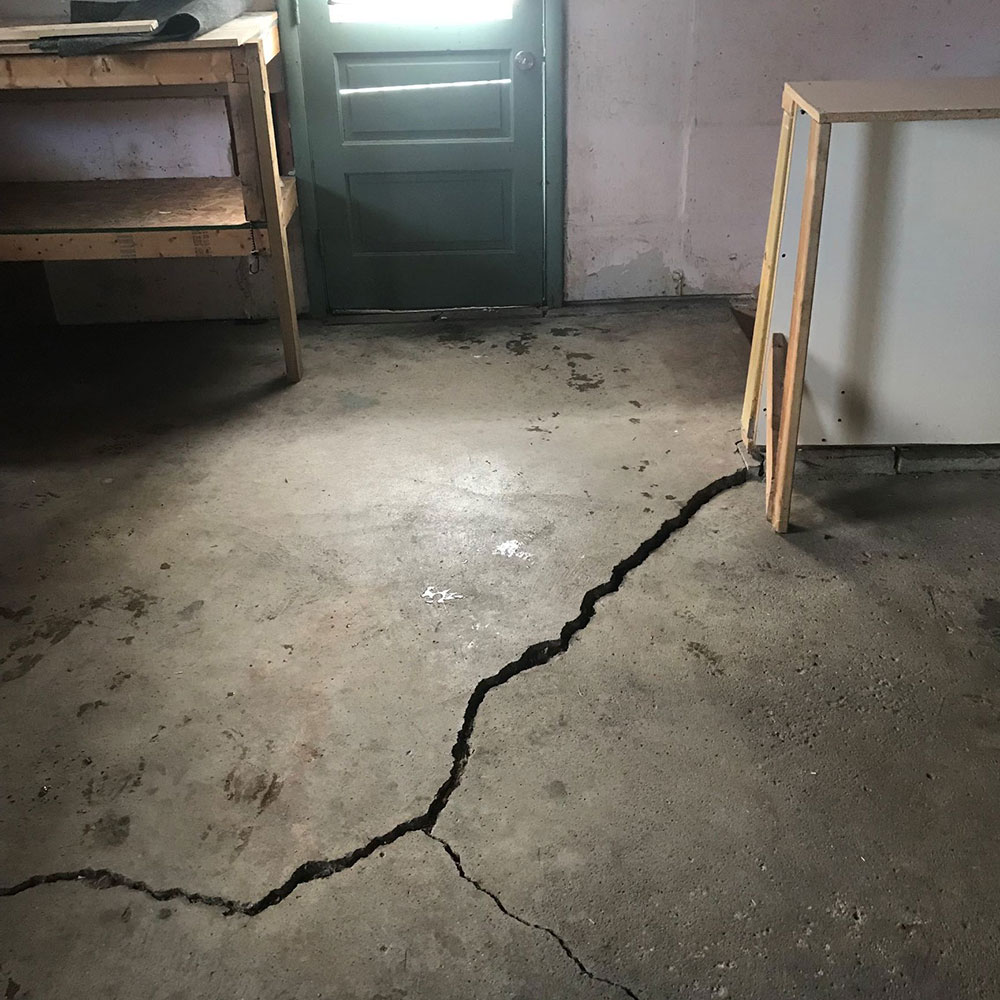
What is actually the slab settlement? Well, the slab’s settling is when the soil underneath the concrete cannot support the weight anymore. Another common situation that occurs after a week or month is the cause of the basement floor cracking development. The weight of the slab causes the ground below to compact. The concrete slab will certainly crack if one of the slab sections settles faster or more profound.
Floors
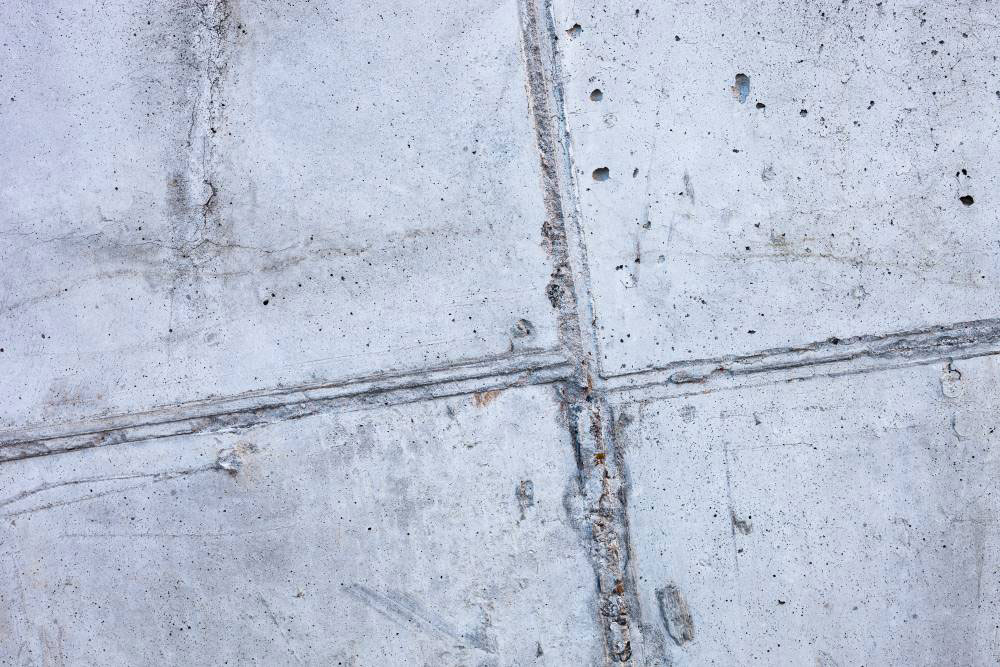
When building a floor, a builder pours concrete that forms straight “joints” into the floor because there is a weak spot that a foundation can crack easily. Cracks will probably fall straight. So that joints can help with floor aesthetics and prevent the appearance of the random crack.
However, cracks can cause many problems listed above, and one of them is a considerable gap. To repair the damage, homeowners can apply filler. Plus, a soft sealer can smooth out the floor’s surface for thinner joints and cracks.
Ending thoughts on what do cracks in basement floor means and what to do
There isn’t the correct answer when foundation cracks appear. Those cracks that don’t impact the home’s integrity can be patched or sealed. Yet, if homeowners are not sure about it, they should inspect them and be careful. Besides the risk of pests, mildew, and mold, cracks in your basement are signals that warn you to be more cautious because it brings more house problems. If you find cracks in your basement, the best thing to do is find a solution to solve them immediately and protect your home foundation wall.
If you enjoyed reading this article about what do cracks in basement floor means and what to do, you should read these as well:
